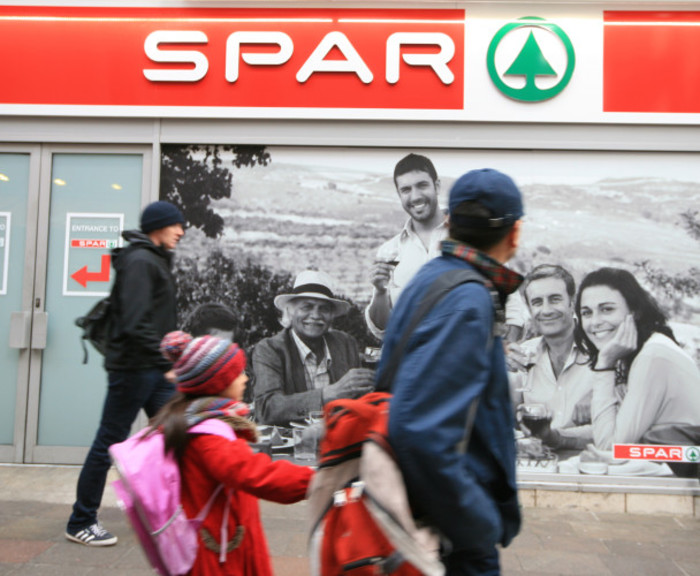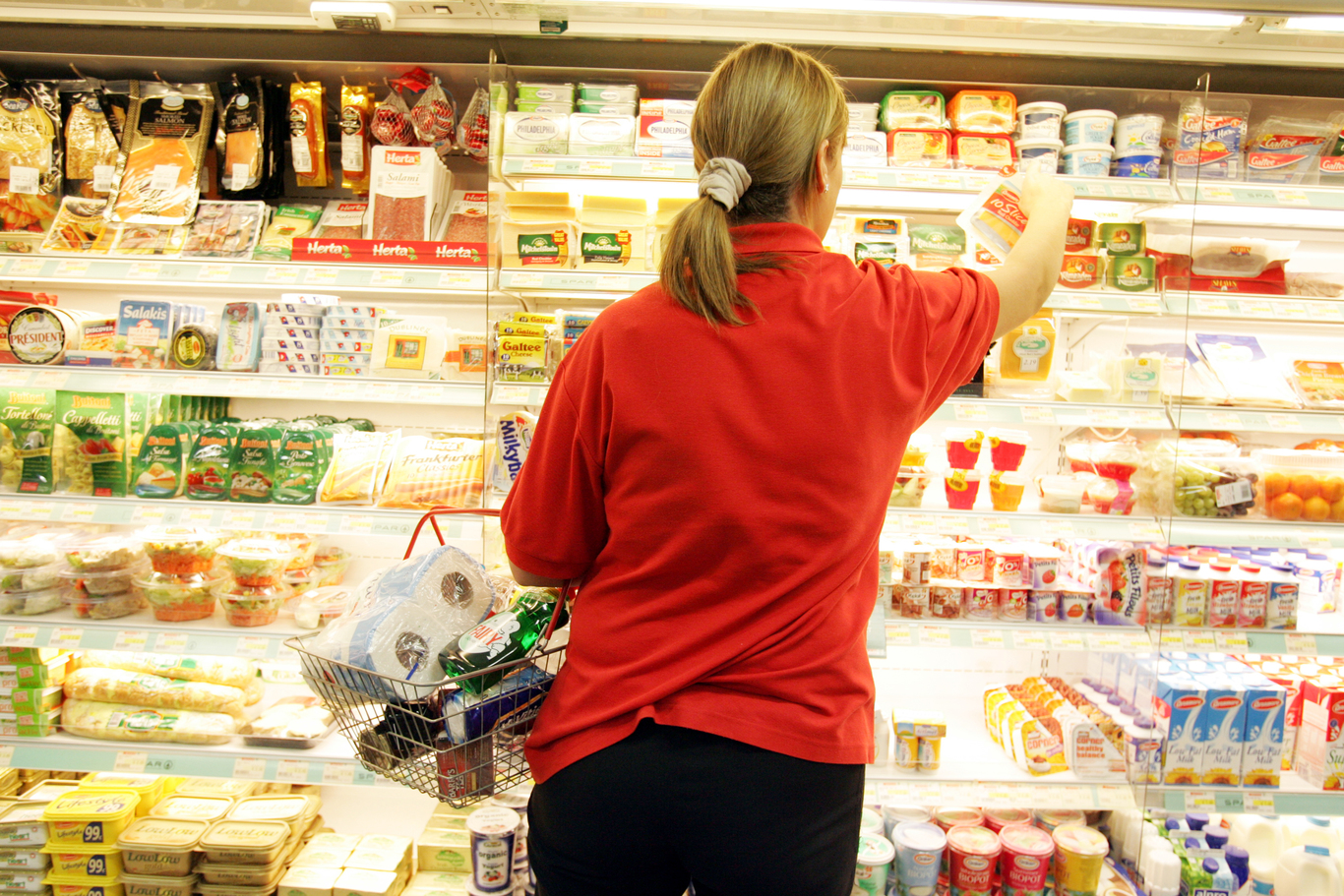Retail Ireland's new head wants to convince people that jobs in shops aren't just for students
BWG Foods boss Willie O’Byrne was appointed to the role earlier this week.
THE NEW CHAIR of Ibec group Retail Ireland has said he wants to change the sector’s reputation for only offering short-term jobs to students.
Managing director of BWG Foods Willie O’Byrne was appointed chairman of the trade group earlier this week, taking over from Eason’s outgoing boss Conor Whelan.
BWG Foods is the firm behind a number of well-known convenience store brands including Spar, Mace and Londis. It is part of the wider BWG Group that operates wholesale and retail businesses in Ireland and the UK.
O’Byrne’s appointment comes weeks after Retail Ireland published its 2020 strategy, which includes a plan to promote retail as “an exciting, dynamic and rewarding career” – something the incoming chair said he has a personal interest in pursuing.
“So many people associate retail with when they’re working while they’re in college or at the beginning of their working lives,” he told Fora, adding that there is a “reputation deficit” in the sector.
“There’s flair, there’s science, there’s theatre,” he said of the industry.
“There is such a variety, from being customer-facing for the most outgoing and extroverted people, to geeks who are more into their data and science. It’s all there.
“One of the things we need to do is market the careers better and make sure that the careers are rewarding and sustain decent livings for people.”
 Willie O'Byrne
Willie O'Byrne
‘Listening period’
O’Byrne said another goals is to get his own head out of “the narrow-enough grocery and convenience area” and learn more about other parts of the industry, from shopping centres to DIY stores.
“One of the things that I’ve learned from my own business is that there’s nothing more effective than actually standing in a man’s store … I want to get out there and meet the chief executives and senior management of these other retail businesses,” he said.
While O’Byrne was reluctant to talk about his day job at BWG Foods – which will remain his full-time role while taking up the voluntary Retail Ireland position – he said the company had “a particularly strong period over the last few years”.
BWG was bought out by the South African Spar Group in 2014. Last year, its turnover in Ireland hit €1.4 billion, up more than 14% on 2015, while its local network included 1,340 stores.
 A Spar shop in Dublin city centre
A Spar shop in Dublin city centre
“We had the plans and the ideas and we now have the capital,” O’Byrne said.
“One of the bigger moves we made over that period of time was we bought the Londis business in 2015. We have integrated the Londis business and brand into our business over the last 18 months.”
When it comes to the broader grocery sector, O’Byrne said “the progress of the hard discounters has been an area that all of us have been watching”.
Another talking point has been the “resurgence of Dunnes Stores and their reinvention in many ways”, he added.
“It’s a kind of industry where we all watch each other. It’s a very competitive business.”
Dunnes and SuperValu have been exchanging places in recent months as grocery market leaders, while discounters Lidl and Aldi continue to grow apace, according to industry analysts Kantar Worldpanel Ireland.
The researchers don’t break out figures for Spar or BWG’s other brands, however along with rival Centra and chains like Marks & Spencer their sales account for about 11% of the market.
Brexit
When asked what is the biggest threat to retail, O’Byrne said “that whole Brexit piece” is an obvious concern, with a fluctuating exchange rate fuelling a cross-border grey market. The changes in the UK also make for uncertainty around Ireland’s supply chain.
“Ireland has effectively lost its dry goods manufacturing base and also its clothes and apparel manufacturing base, so most of what we buy in Ireland is imported and a huge amount of that … is certainly channeled through the UK,” he said.
The effect Brexit is having on consumer confidence is another major issue.
“Both consumer spending and confidence don’t necessarily linearly translate into an impact on retail sales any more,” he said.
“One of the reasons for that is our volumes and our values are moving at different rates. There genuinely is deflation in retail sales at the moment.”
O’Byrne said many people don’t realise that retail is “as competitive and as tough as it is”.
“By and large, we are at each other’s throats to win share in a market that’s not growing fast enough to satisfy us all.”
Sign up to our newsletter to receive a regular digest of Fora’s top articles delivered to your inbox.






